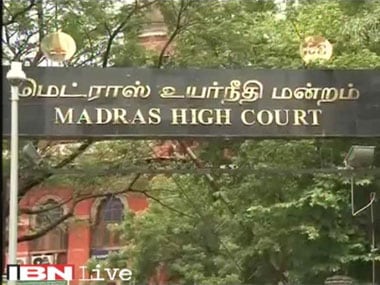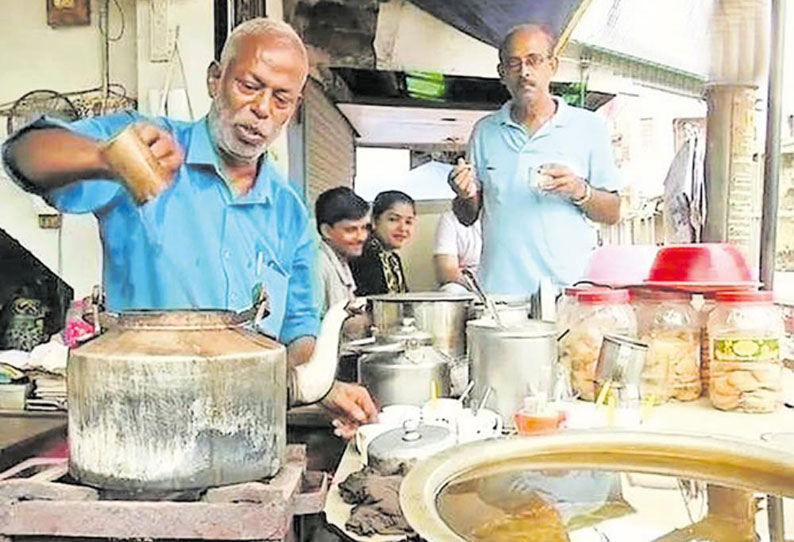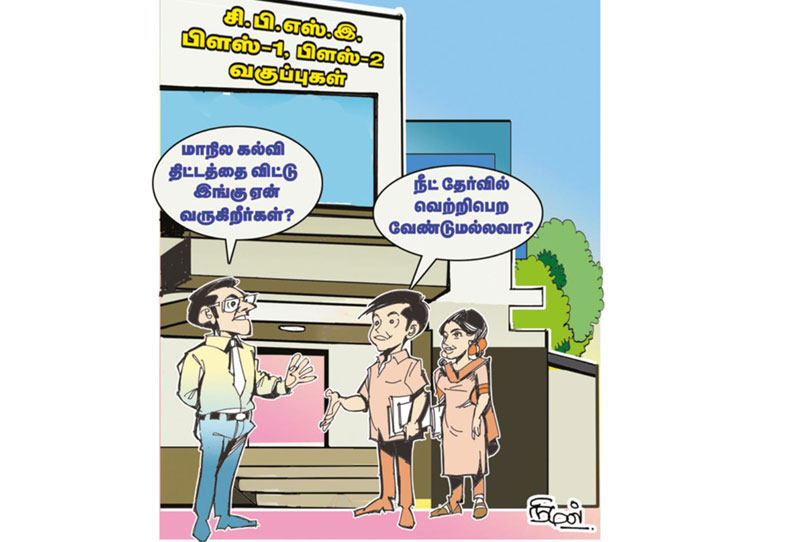UGC-appointed panel suggests encrypted barcodes over roll numbers
A University Grants Commission (UGC)-appointed panel has preferred the introduction of encrypted barcodes over roll numbers to curb malpractices in examinations and on-demand examination facility to help students. education
Updated: Feb 05, 2019 08:16 IST

Amandeep Shukla
Hindustan Times, New Delhi

A University Grants Commission (UGC)-appointed panel has preferred the introduction of encrypted barcodes over roll numbers to curb malpractices in examinations and on-demand examination facility to help students. (Bloomberg)
A University Grants Commission (UGC)-appointed panel has preferred the introduction of encrypted barcodes over roll numbers to curb malpractices in examinations and on-demand examination facility to help students.
The nine-member panel, set up to make suggestions for an overhaul of the examination system in the country’s higher education institutes, is also of the view that a model should be created for undergraduate, post-graduate, MPhil and PhD courses that will enable continuous internal evaluation and external tests.
The committee headed by MM Salunkhe, a former vice-chancellor of the Central University of Rajasthan, also thinks that the process of making question papers needs drastic reforms, and it is for facilitating actual learning instead of rote learning.
The report was submitted to UGC on January 29. The council is largely in agreement with the suggestions, a UGC member said.
The panel of eminent educationists emphasised that a learning outcome-based framework should be the priority. Exams in the present system, however, are often reduced to testing memory skills alone, the panel felt.
Models for courses from undergraduate to PhDs should be worked out to balance continuous internal assessment and external assessment. For instance, institutions can give 30% weightage to internal assessment and 70% assessment to external examination, the panel said. In exceptional institutions, this ratio can even be 60:40.
To curb malpractices, the panel has suggested the use of encrypted barcodes. It also observed that a major source of cheating was help from outside the exam hall. If candidates are not permitted to leave the exam centre in the first 90 minutes, and if they are not allowed to take question papers outside, this problem can be nipped in the bud, the panel said.
It held that question papers should be transmitted to the centres through the internet just before the commencement of the exam.
A national board may be established to conduct examinations “on-demand”, the report said. “The panel has made several recommendations, including on-demand exams. Under this system, a student can choose whether s/he is ready to take the test for the semester s/he is studying in...,” said the commission member.
A University Grants Commission (UGC)-appointed panel has preferred the introduction of encrypted barcodes over roll numbers to curb malpractices in examinations and on-demand examination facility to help students. education
Updated: Feb 05, 2019 08:16 IST

Amandeep Shukla
Hindustan Times, New Delhi

A University Grants Commission (UGC)-appointed panel has preferred the introduction of encrypted barcodes over roll numbers to curb malpractices in examinations and on-demand examination facility to help students. (Bloomberg)
A University Grants Commission (UGC)-appointed panel has preferred the introduction of encrypted barcodes over roll numbers to curb malpractices in examinations and on-demand examination facility to help students.
The nine-member panel, set up to make suggestions for an overhaul of the examination system in the country’s higher education institutes, is also of the view that a model should be created for undergraduate, post-graduate, MPhil and PhD courses that will enable continuous internal evaluation and external tests.
The committee headed by MM Salunkhe, a former vice-chancellor of the Central University of Rajasthan, also thinks that the process of making question papers needs drastic reforms, and it is for facilitating actual learning instead of rote learning.
The report was submitted to UGC on January 29. The council is largely in agreement with the suggestions, a UGC member said.
The panel of eminent educationists emphasised that a learning outcome-based framework should be the priority. Exams in the present system, however, are often reduced to testing memory skills alone, the panel felt.
Models for courses from undergraduate to PhDs should be worked out to balance continuous internal assessment and external assessment. For instance, institutions can give 30% weightage to internal assessment and 70% assessment to external examination, the panel said. In exceptional institutions, this ratio can even be 60:40.
To curb malpractices, the panel has suggested the use of encrypted barcodes. It also observed that a major source of cheating was help from outside the exam hall. If candidates are not permitted to leave the exam centre in the first 90 minutes, and if they are not allowed to take question papers outside, this problem can be nipped in the bud, the panel said.
It held that question papers should be transmitted to the centres through the internet just before the commencement of the exam.
A national board may be established to conduct examinations “on-demand”, the report said. “The panel has made several recommendations, including on-demand exams. Under this system, a student can choose whether s/he is ready to take the test for the semester s/he is studying in...,” said the commission member.




 B
B












